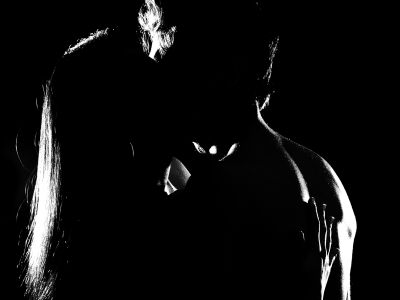What is the meaning of tattooing in Samoa when colonialized but tattoo culture survives?

by
Draw such as patterns and characters by coloring with a scratch on the skin tattoo (tattoo) has been carried out in a variety of cultures around the world for a long time. 16th-century Age of Discovery to by European powers countries since the colonial In areas that are of, for Christian missionaries were regarded as barbaric the tattoo, but there are many cases that tattoo culture has disappeared, south In Samoa in the Pacific, tattoo culture continued without loss. Science writer Amber Dance has put together a story about why tattoo culture survived in Samoa.
How the Samoan Tattoo Survived Colonialism-SAPIENS
https://www.sapiens.org/body/samoan-tattoo/
When Christian missionaries arrived on the South Pacific islands in the 18th and 19th centuries, they wanted to wipe out the tattoo culture that was transmitted there. And although he succeeded in driving out tattoo culture in many areas, Samoan's attempts by missionaries have failed.
In Samoa, tattoos applied by men are called 'pe'a (pair)' and tattoos applied by women are called 'malu'. In recent years, Samoans who moved to the United States, New Zealand, Australia, etc. have begun to use tattoos to show their connection with their ancestors. In addition, people who put Samoan tattoos in fashion appear in other cultures as well, and Samoan tattoo artisans have moved to other Pacific islands where traditional tattoo techniques have been lost, and tattoo techniques. Activities such as
'It's amazing how Samoan's tattoo culture survived,' said Sean Mallon, an anthropologist at the New Zealand National Museum Te Papa Tongarewa .

by
Missionaries who saw Samoan tattoos regarded the tattoos as 'a savage pagan custom,' Mallon pointed out. The colonial rulers who made the tattoo taboo fined and punished the Samoans who had the tattoo. However, Sébastien Galliot, a French anthropologist, thinks that the Samoan geographical conditions helped the Samoans to go through these reigns.
In Samoa, which consists of many islands, even when it was ruled as a colony, a decentralized system of chiefs was maintained. Even if the Europeans succeeded in eradicating tattoos in some villages, they did not affect the villages or islands with other chiefs. As a result, Galliot claims that Samoan has plenty of room for survival.
For example, tattoos were banned on the eastern Samoan islands in the 1860s, but young people who wanted to make tattoos went to the west side of the archipelago and had them tattooed. At one time there were times when I could not return to my hometown because of the presence of tattoos, but young people still wanted to carve tattoos, and in the 1890s, people with tattoos returned to their hometowns in exchange for a fine. Was done.
Also, the fact that the missionaries did not consider tattoos to be religious was also an important factor for the survival of Samoan tattoos. In Samoa, legendary sisters named Taema and Tilafaiga are supposed to give tattoos, but missionaries did not notice this fact, so they did not treat the tattoos as 'threatening to Christianity' and severe suppression was carried out. Gilloit says it wasn't. The Samoan Catholics still accept tattoos, and Mallon remembers that his uncle, who was a priest at Samoan, had tattoos in his body.

by
In addition, it is also known that putting a tattoo on Samoan has a socially significant meaning. For Samoan men, tattoos were a sign of status, strength and courage, and were an important passage ritual. Samoan tattoo artist Si'i Liufau says, 'In Samoan a man without a tattoo is not respected. Without a tattoo is not a good man,' people carve tattoos It seems to save money for funds.
Not only men benefit from tattoos, but women also benefit from tattoos. Women with tattoos can take the role of distributing drinks in ceremonies and can collect gifts at funerals. Even now, some Samoan women do tattoos when they graduate from college or get promoted at work.
'It's very important to Samoan people to apply tattoos today,' Galliot says, 'it indicates that they belong to the community.' Also, for Samoan people who moved to the world, Samoan tattoos applied to their bodies remind us of their connection with their ancestors, and also help to distinguish Samoans from other groups such as Maori and Tonga . .

Related Posts:
in Note, Posted by log1h_ik







